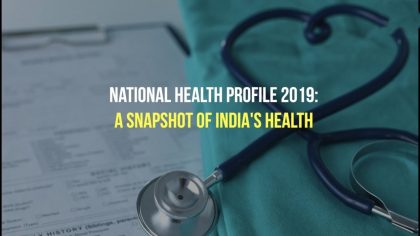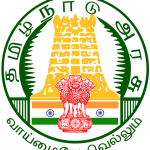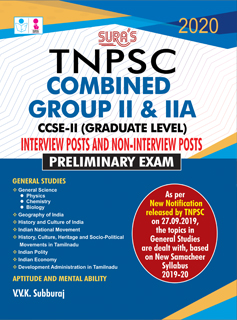
India has registered an improved sex ratio and a decline in birth and death rates with non-communicable diseases dominating over communicable in the total disease burden of the country, according to the Central Bureau of Health Intelligence’s (CBHI) National Health Profile (NHP) 2019.
The NHP covers demographic, socio-economic, health status and health finance indicators, human resources in the health sector and health infrastructure. It is also an important source of information on various communicable and non-communicable diseases that are not covered under any other major programmes.
As per the NHP, sex ratio (number of females per 1,000 males) in the country has improved from 933 in 2001 to 943 in 2011.
In rural areas the sex ratio has increased from 946 to 949.
“The corresponding increase in urban areas has been of 29 points from 900 to 929. Kerala has recorded the highest sex ratio in respect of total population (1,084), rural population (1,078) and urban (1,091). The lowest sex ratio in rural areas has been recorded in Chandigarh (690),” the report said.
The report also showed that the estimated birth rate, death rate and natural growth rate are declining.
The estimated birth rate reduced from 25.8 in 2000 to 20.4 in 2016 while the death rate declined from 8.5 to 6.4 per 1,000 population over the same period. The natural growth rate declined from 17.3 in 2000 to 14 in 2016 as per the latest available information.
As per the report, the total fertility rate (average number of children that will be born to a woman during her lifetime) in 12 States has fallen below two children per woman and nine States have reached replacement levels of 2.1 and above. Delhi, Tamil Nadu and West Bengal have the lowest fertility rate among other States.
It was also observed that non-communicable diseases dominated over the communicable in the total disease burden of the country.
The NHP also complied a detailed data on health manpower availability in public sector.
“The total number of registered allopathic doctors (up to 2018) is 11,54,686. Number of dental surgeons registered with Central/State Dental Councils of India was 2,54,283. There is an increasing trend in the number of dental surgeons registered with the Central/State Dental Council of India from 2007 to 2018. The total number of registered AYUSH Doctors in India as on January 1, 2018 was 7,99,879,” the report noted.





